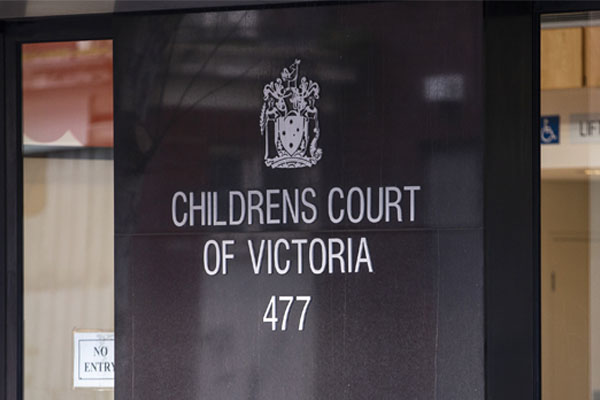The law that gives violent children anonymity must be changed: Neil Mitchell

Neil Mitchell has called on the new Andrews Government to change the law which protects the identities of dangerous underage criminals.
It comes after police took the rare step earlier this week of applying to the Children’s Court to release names, ages and images of three youth offenders who were deemed particularly dangerous.
Permission was granted but today, because two have been caught, it would be illegal to publish those details.
Despite one offender still outstanding.
“We need to put the safety of the community ahead of protecting violent criminals because they happen to be under 18,” Neil said.
“They might appear in the Children’s Court but they are more dangerous than children.
“It is time to change the law.
“If they behave like dangerous criminals, treat them like dangerous criminals regardless of age.
“The community, please, comes first.”
Click PLAY below to hear the details
McPherson Kelly media lawyer Justin Quill told Neil the right to anonymity can only be changed if the government passes legislation.
“The balance is, and I think the balance is wrong, is community protection on one hand and on the other, is the protection of kids not to be identified when they’re before the courts so it doesn’t come back to haunt them in later life,” Mr Quill said.
“Not even a normal magistrate or a Supreme Court judge can argue it, it has to be before the President of the Children’s Court.
“Other than arguing that, you’d have to have the law changed.”















